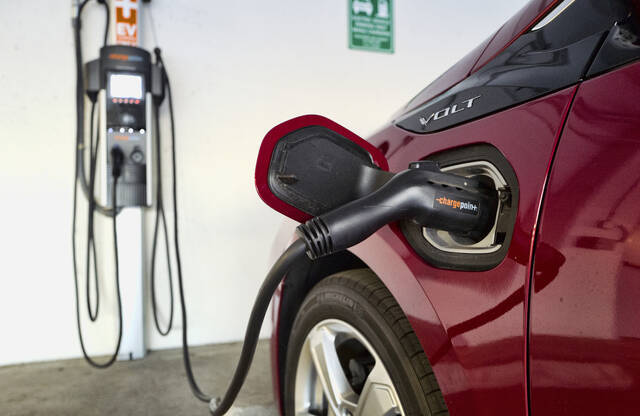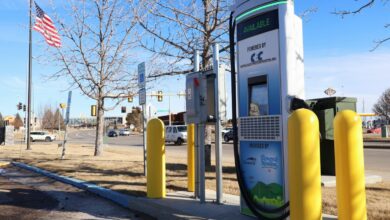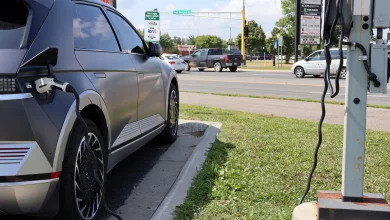Editorial: Smart, timely action needed on electric vehicle fees

How much should electric vehicle owners contribute toward the cost of Pennsylvania’s roads?
It’s a question that needs to be answered. The state Legislature is trying.
Pennsylvania has more than 41,000 miles of state-maintained roads. That’s a lot of asphalt and salt for maintenance, not to mention billions of dollars for construction and repairs. A big part of paying for that leans on drivers in the form of fees for licensing and registration as well as tax on gasoline.
The state has the second-highest gas tax in the country, with only California charging more. When you buy gas in Pennsylvania, $0.576 per gallon goes to the state.
But with the number of electric vehicles in the state increasing, how will the roads be funded? Between 2019 and 2022, the number more than doubled, jumping from 9,700 to 23,000. According to the U.S. Department of Energy, the next year, it more than doubled again, to 47,400. It’s a thin slice of the 3 million-plus vehicles in Pennsylvania, but it’s growing steadily.
The average American uses about 650 gallons of gas per year. In Pennsylvania, that would come to $377.86 in gas tax. When electric vehicles don’t pay the tax, it takes millions of dollars out of the pool that would pay for maintenance and upkeep of roads that electric cars still use.
The state House Transportation Committee is considering a bill that would charge an annual fee. It would start at $125 and go up by $25 annually until topping out at $225 in 2029. After that, it would be adjusted annually for inflation.
It’s the second proposal on the table in just months. In December, it was a bill passed by the Senate that would charge an annual fee of $290. Some, including committee chairman Rep. Ed Neilson, D-Philadelphia, felt the fee was too high. Neilson is sponsoring the new bill.
The $290 rate is much higher than the new proposal, and an incremental increase is easier for owners to take. But the larger number is still less than the amount being paid by average gas consumers, so it’s hard to see it as unreasonable.
There has been reluctance in some corners to imposing a fee, with opponents citing the higher cost of electric vehicles and a fear it would impact sales of the cars while they are being pushed for environmental reasons.
That’s an argument that doesn’t hold water. We don’t charge less sales tax for more expensive things just because they are more expensive. Ignoring a potential solution for road funding isn’t an option.
It doesn’t help the environment to have the roads deteriorate for lack of funding. It also doesn’t help the electric car buyers to spring a higher fee on them later rather than a steady plan now. Plenty of taxpayers have been hit by high taxes this year when municipalities, counties or school districts that didn’t make plans for smart, small, regular increases had to pay the piper.
More than anything, it is unfair to all taxpayers to not adequately consider the needs before there is a crisis — and take intelligent, deliberate action in a timely fashion.



